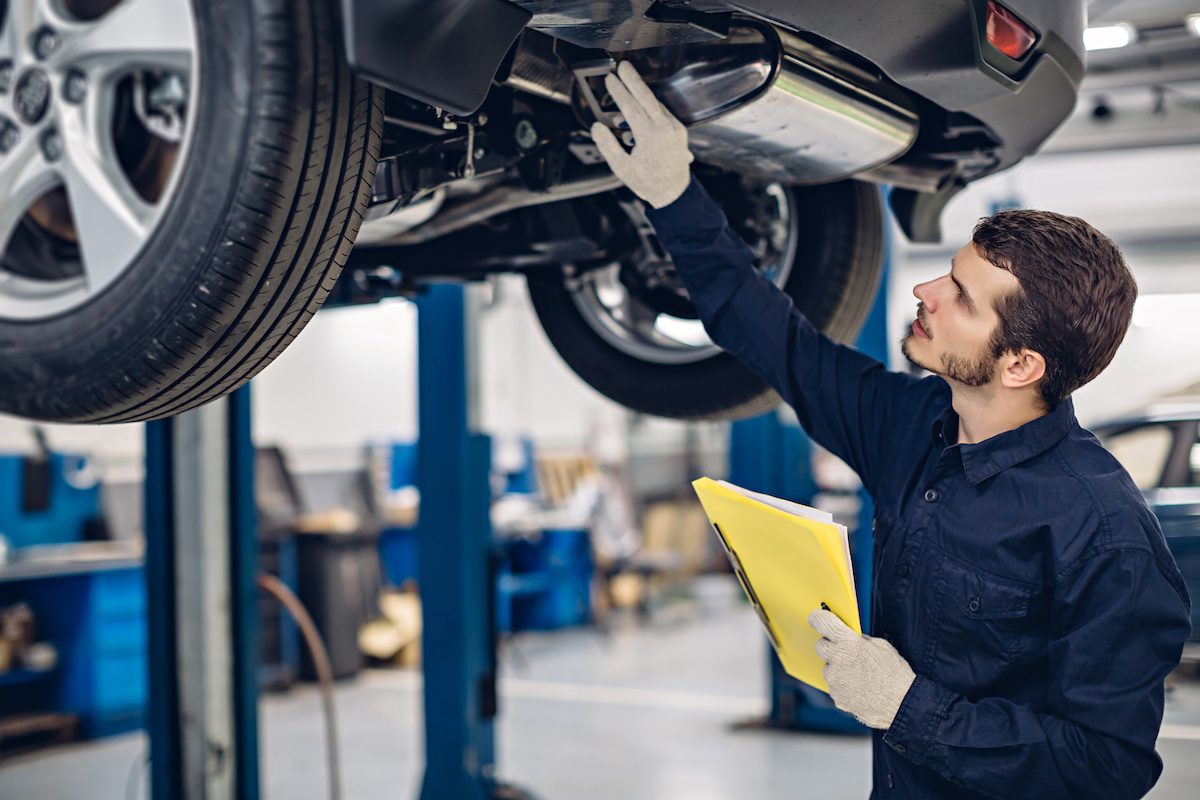[ad_1]

National Safety Council statistics claim that there are more than 12 million car accidents involving more than 20 million vehicles each year. There are a lot of bent fenders, broken trunks and broken doors that need fixing. If you’re driving, the odds are good that sooner or later you’ll file a claim for auto insurance, look up repair shop estimates and decide between OEM versus aftermarket parts. Here’s what you need to know to help you make a better choice in terms of OEM parts versus aftermarket parts.
OEM vs. Aftermarket parts
If you go to your auto dealership, they will pay you OEM (Original Equipment Manufacturer) parts. There is nothing wrong with that. OEM parts have a number of advantages (we’ll get to them in a minute), but check your car insurance policy first. Most standard auto insurance policies specify the use of functionally equivalent parts because they are usually less expensive than OEM parts. Your policy may allow you to use OEM parts, but it may also state that some costs are shared.
Pros and Cons of OEM vs. Aftermarket Parts?
An OEM part will be exactly what you need. The part will be guaranteed to work exactly like the part you are replacing. The dealer will also insure this, as in most cases. All good things, but as mentioned, OEM parts cost more—sometimes up to 60% more than equivalent aftermarket parts. Where you can buy them is very limited; Unless you have time to search the internet, you will probably have to get it from the dealer (and pay the merchant’s margin). You might be paying a premium for nothing more than a brand name, since many aftermarket parts work as well.
Aftermarket parts are often cheaper than OEM, which means your auto insurance company will strongly support their use. In most cases, you will also have a larger selection of aftermarket brands to choose from with a wider range of competitive pricing and greater availability. If you go with a reputable brand, you can be pretty confident that the quality is on par with OEM. Be aware, however, that quality can be variable, especially with obscure or discounted brands, and some parts, especially refurbished parts, do not include a warranty. You also need to be careful not to buy hot parts from the black market. You don’t want to impound your car as evidence in a federal racketeering case! Your safest bet is to use a trustworthy mechanic or repair shop.
Checking references and keeping track of records has never been easier, so do your homework first. Your car insurance provider or agent can likely provide you with a list of preferred repair shops as well.
[ad_2]
Source link
